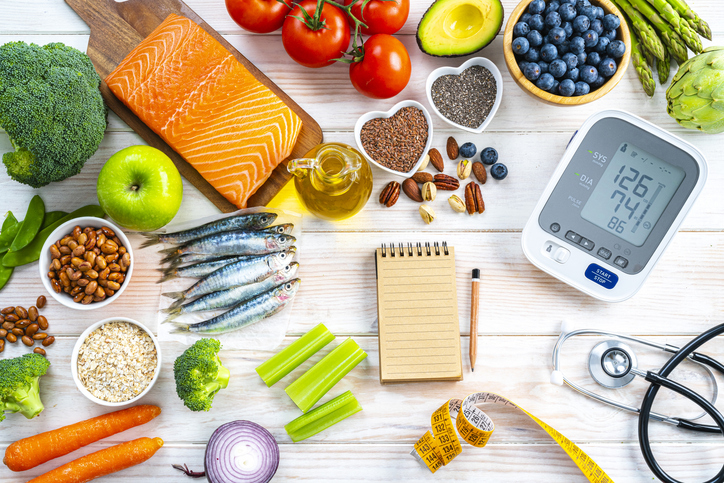If You Are Older, Home Blood Pressure Checks Can Be Life-Saving

By Joy Stephenson-Laws, JD, Founder
Unless you have been living under a rock, you know that Beyoncé’s song ‘Cuff It’ has taken the world by storm. And speaking of cuffs (albeit not in a manner that is as sexy and cool as Beyoncé), a recent study found evidence suggesting that basic blood pressure cuffs are just as effective as newer, more advanced devices for monitoring blood pressure at home.
(High blood pressure, also called hypertension, is one of the biggest health issues we currently face. Reportedly, more than 1.2 billion people are currently living with hypertension (with more than 700 million having untreated hypertension)).
Led by researchers at University of California San Francisco (UCSF), the study compared home-use blood pressure cuffs with more modern home devices that connect with smartphones.
“Basic devices simply display blood pressure, while higher-end models connect via Bluetooth to smartphone apps that can provide data visualization, reminders and other features,” reports UCSF.
“The findings allow doctors to confidently advise their patients to purchase and use whichever blood pressuring monitoring device they like best, the authors report. Patients who prefer to save money or avoid the hassle of connecting a device will not limit their potential health benefits.”
This is good news!

In other news, however, another recent study, from the University of Michigan, demonstrated that more older adults need to be checking their blood pressure at home.
“Only 48% of people age 50 to 80 who take blood pressure medications or have a health condition that's affected by hypertension regularly check their blood pressure at home or other places, a new study finds,” according to this Medical Xpress report discussing the study.
(According to UCSF, studies have shown that uncontrolled blood pressure contributes to half a million deaths annually in the U.S.).
Furthermore, only 62% of this group said that their providers encouraged them to do at-home checks.
“Past research has shown that regular home monitoring can help with blood pressure control, and that better control can mean reduced risk of death; of cardiovascular events including strokes and heart attacks; and of cognitive impairment and dementia,” reports Medical Xpress.
(To learn more about the connection between blood pressure and dementia, read here as well as here).
The results from the University of Michigan study also revealed that 55% of the participants said they owned a blood pressure monitor, but “some said they don’t ever use it.” Clearly, we should not underestimate the importance of being proactive at home. It can be life-saving.
Know where you stand.More often than not, people do not feel symptoms right away when they have hypertension. This is why it is always good to know where you stand, and home blood pressure monitoring can let you know exactly where you stand in between doctor’s visits.
There is so much you can do to maintain a healthy blood pressure such as exercise regularly, maintain a healthy weight, manage stress and follow a balanced, nutrient-dense diet, but I think this pH Labs blog in particular really gets into the details of how you can truly be proactive and some key differences between men and women when it comes to maintaining a healthy blood pressure. I highly recommend giving this blog a really good read and taking the time to consider lifestyle changes you may need to make.
And if you are a slow caffeine metabolizer like myself, this is also something you need to be very aware of.
As always, be sure to take routine nutrient tests. Having nutritional deficiencies and imbalances has been shown to increase the risk of disease developing or exacerbate existing health issues. If the test reveals you are not nutritionally balanced, a competent healthcare professional can work with you regarding making the necessary dietary changes and recommend quality supplements in a safe manner if necessary.
Enjoy your healthy life!
Disclaimer: This article is not intended to provide medical advice. Please consult with your doctor or another competent healthcare practitioner to get specific medical advice for your situation.
The pH professional health care team includes recognized experts from a variety of health care and related disciplines, including physicians, attorneys, nutritionists, nurses, and certified fitness instructors. This team also includes the members of the pH Medical Advisory Board, which constantly monitors all pH programs, products, and services. To learn more about the pH Medical Advisory Board, click here.







